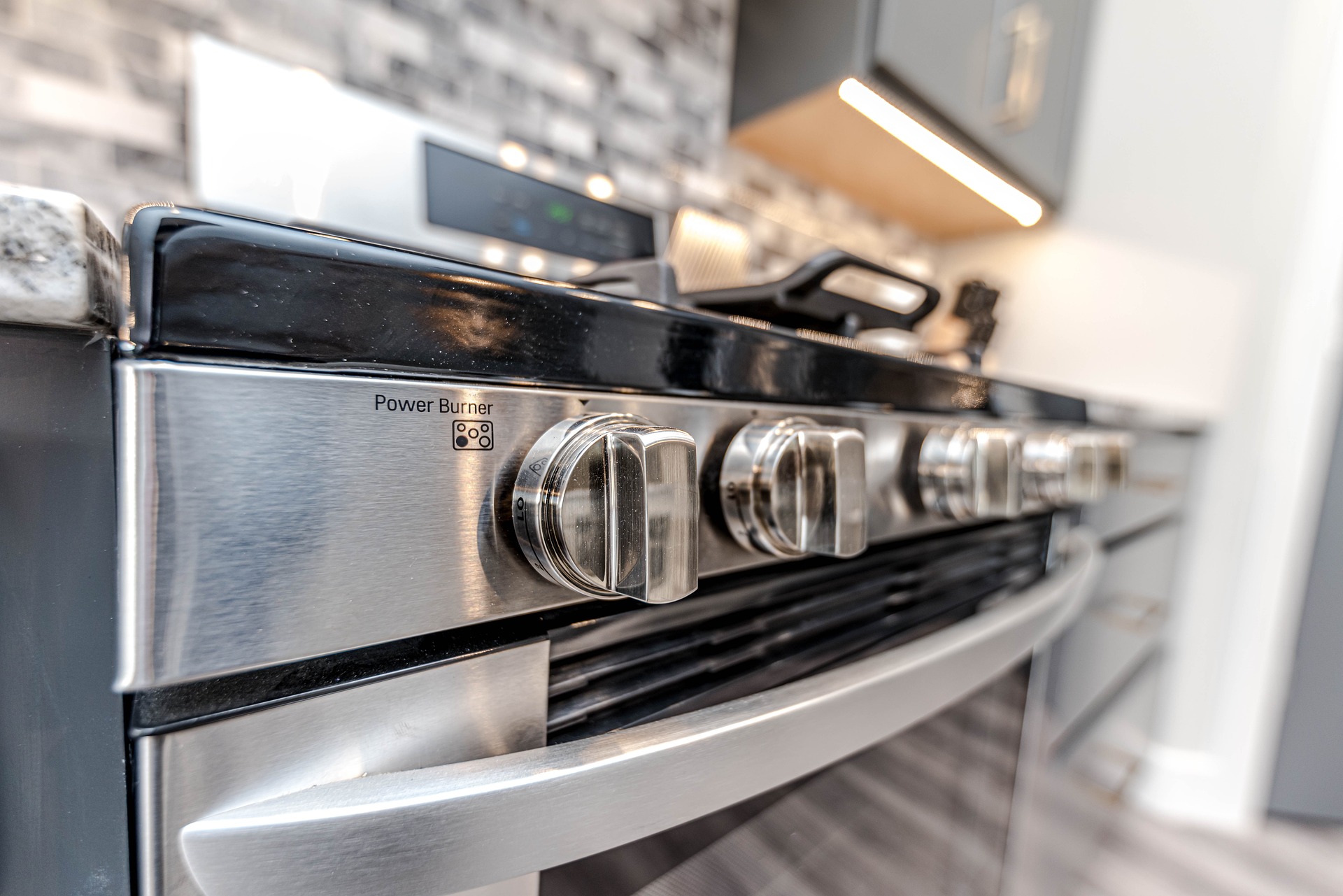

Question: How Long are Most Home Warranties?
Answer: Most home warranties last for one year. You can typically renew them annually. Some companies also offer longer contracts, such as two or three years.
Understanding Home Warranty Coverage Periods
Home warranties offer valuable protection against unexpected repair or replacement costs for major systems and appliances. Understanding how long these warranties last is important for maximizing their benefits. This article explores the typical duration of home warranties, factors influencing their length, and considerations for choosing the right coverage period for your needs.
Standard Home Warranty Terms
Most of them provide coverage for a period of one year. This standard term allows homeowners to protect their budgets from unforeseen expenses related to system or appliance malfunctions shortly after purchasing a new home or renewing an existing warranty. Subsequently, homeowners can typically renew their policies annually.
Click here to learn more about real estate agents in Orangeville
Related Article: Do Warranties Transfer To New Homeowners?
Related Article: What is an In-Home Warranty?
Choosing the Right Warranty Length
Selecting the appropriate warranty length depends on individual circumstances and risk tolerance. For homeowners with older appliances or systems, a longer warranty period may provide greater peace of mind. Those with newer, more reliable equipment might find a standard one-year term sufficient. Balancing potential repair costs against the warranty’s price helps determine the optimal coverage duration.
Benefits of Longer-Term Warranties
Longer-term warranties, while typically more expensive upfront, offer several key advantages. First, they provide extended protection against breakdowns, minimizing financial exposure over a longer time. They often come with additional benefits, such as preventive maintenance services, which can help prolong the lifespan of covered items. A multi-year warranty locks in a set price for coverage, protecting against potential price increases in subsequent years. Longer-term warranties can offer significant value for homeowners seeking comprehensive and extended protection.
Renewal Options and Considerations
Most companies offer renewal options at the end of the initial term. Typically, the renewal process involves paying a premium for the subsequent year of coverage. However, it’s essential to review the renewal terms, as coverage details or pricing might change. Additionally, homeowners should assess their needs before renewing, considering the age and condition of their covered items. In some cases, replacing an older appliance might be more cost-effective than continuing warranty coverage. Consequently, evaluating both options allows homeowners to make informed decisions about their coverage needs.
Home Warranty vs. Manufacturer’s Warranty
It’s important to distinguish between a home warranty and a manufacturer’s warranty. A manufacturer’s warranty usually covers defects in materials or workmanship for a specific period, often ranging from one to five years, depending on the product. On the other hand, a home warranty covers the repair or replacement of systems and appliances due to normal wear and tear. While both offer protection, they serve different purposes and often overlap. Understanding these differences is crucial for maximizing coverage and avoiding unnecessary expenses. For example, a new refrigerator may be covered under the manufacturer’s warranty for a full year, but an older dishwasher or oven is likely outside of that coverage window. A home warranty can help bridge that gap.
How Long are Most Home Warranties?
Most of them offer a standard coverage period of one year, with options for longer terms available. Factors such as the age and condition of covered items, budget considerations, and individual risk tolerance influence the choice of warranty length. By understanding the typical duration of home warranties, homeowners can make informed decisions to protect their investments and minimize potential repair or replacement costs.
Understanding the typical length of home warranties, as well as the various factors impacting coverage duration, empowers homeowners to select the optimal protection plan for their unique needs. Whether opting for a standard one-year term or a longer-term plan, carefully reviewing the contract details is crucial for maximizing the benefits of a home warranty and ensuring adequate coverage against unexpected repair expenses. [ 1 ]
References
1. https://www.oahi.com/english/home-buyers/technical-articles/new-home-warranty-tarion.html


